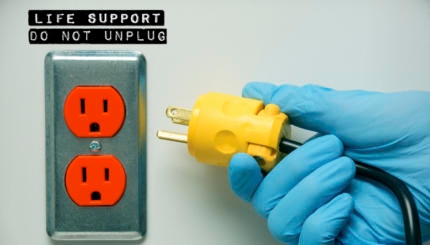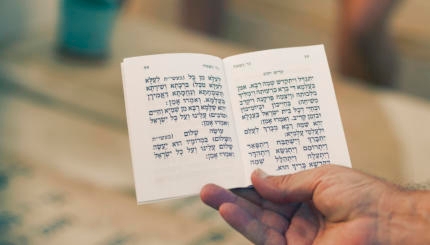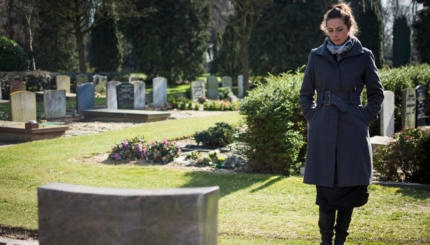Mourn
The Centrality of Kavod HaMet (Honoring the Dead)
Jewish mourning practices center more on the deceased than on concern for the living.
Does Judaism Believe in the Right to Die?
All denominations of Judaism prohibit assisted suicide and euthanasia, but there is some room for nuance.
Special Issues in Mourning
The Jewish tradition explains how converts are to mourn, whether a wedding should be postponed and the kohen's delimited relationship to the dead.
Role of the Shiva Minyan
The daily prayer services in the mourner's home offer community and connection to those facing devastating loss.
Why Jews Put Stones on Graves
Although the custom of placing them on a grave probably draws upon pagan customs, the stones also symbolize the permanence of memory.
The Tombstone, the Unveiling and Visiting the Grave
What happens at the Jewish cemetery.
Sheloshim: The First 30 Days of Mourning
Following shiva, the sheloshim period of less intensive mourning lasts until the 30th day after the funeral.
Is There a Jewish Afterlife?
Judaism is famously ambiguous about what happens when we die.











